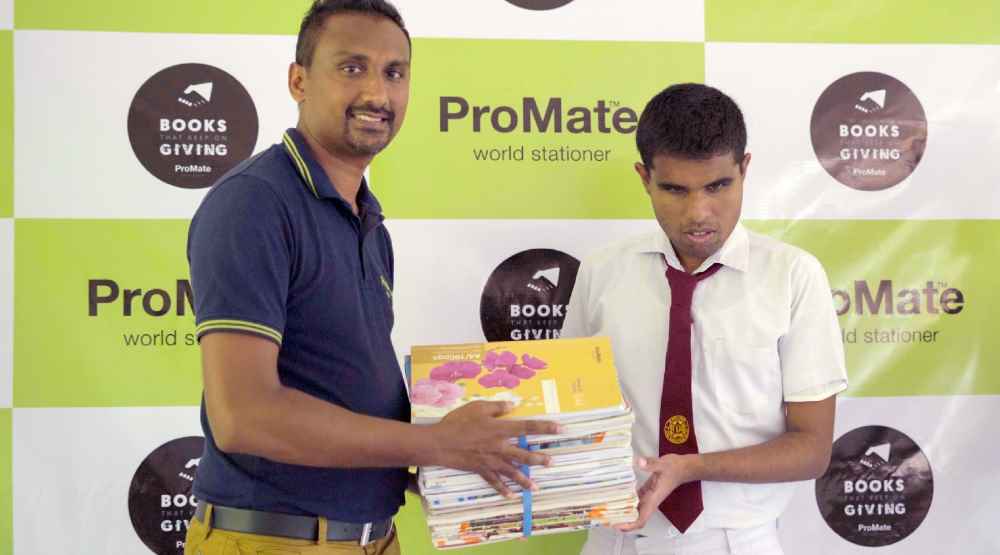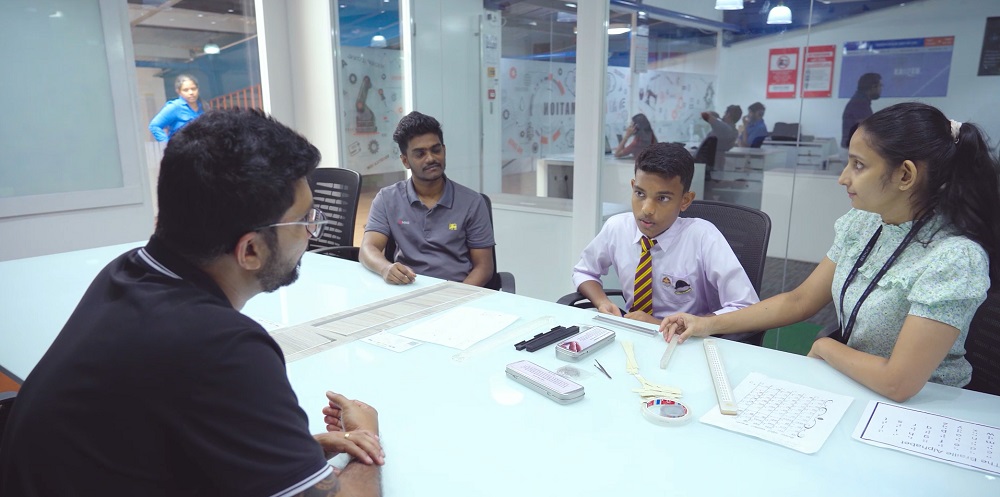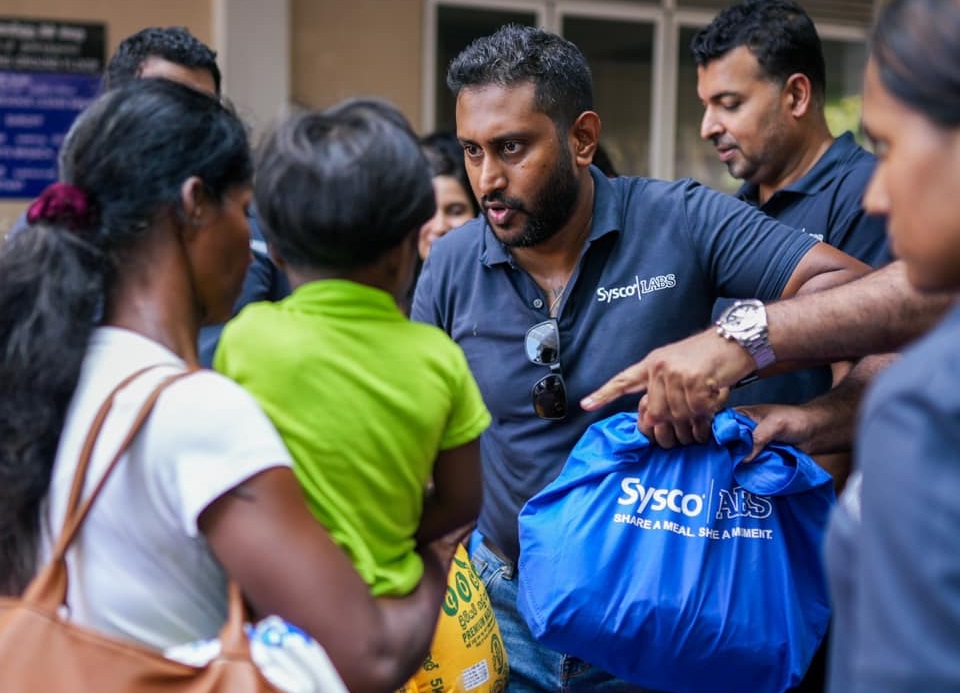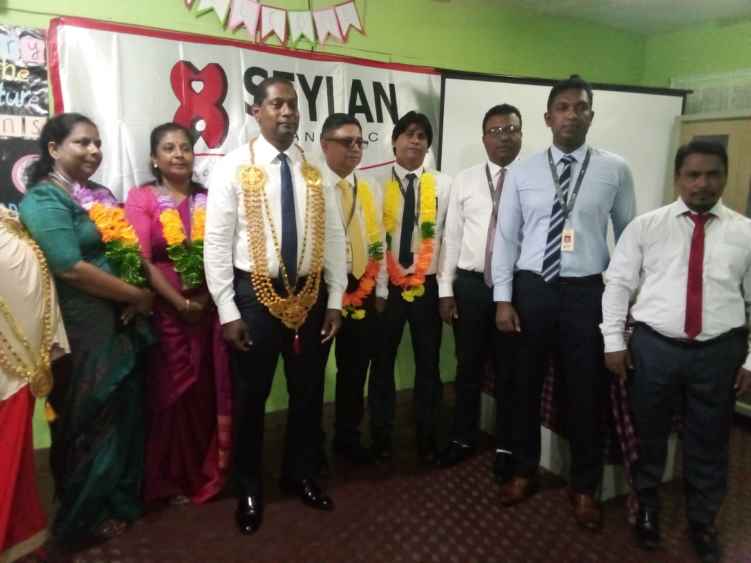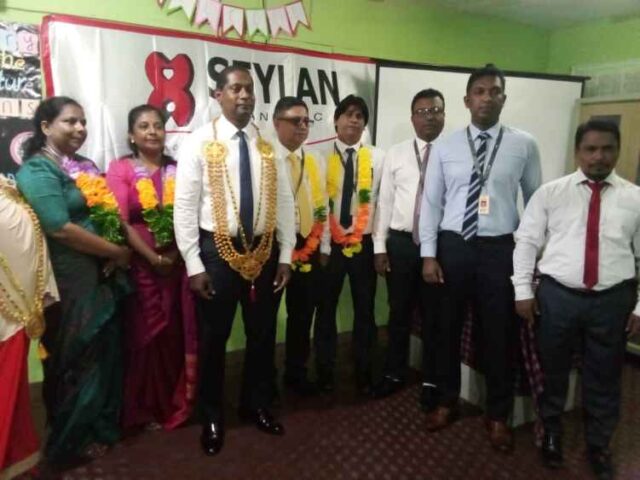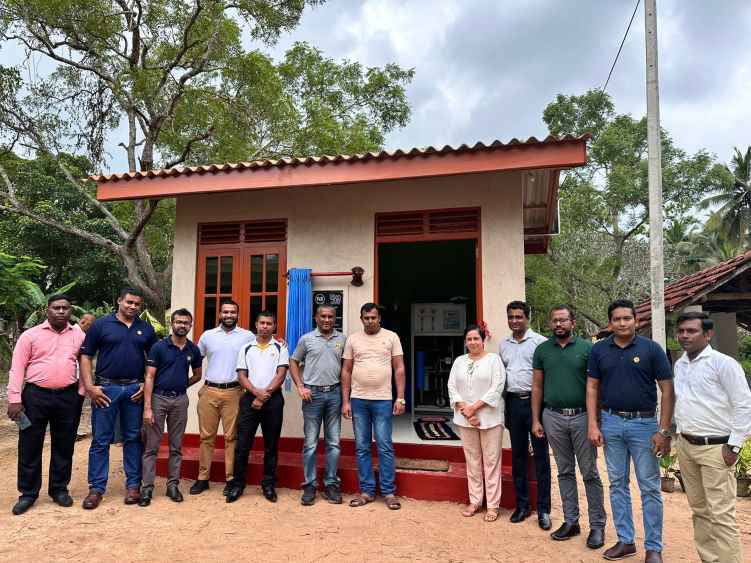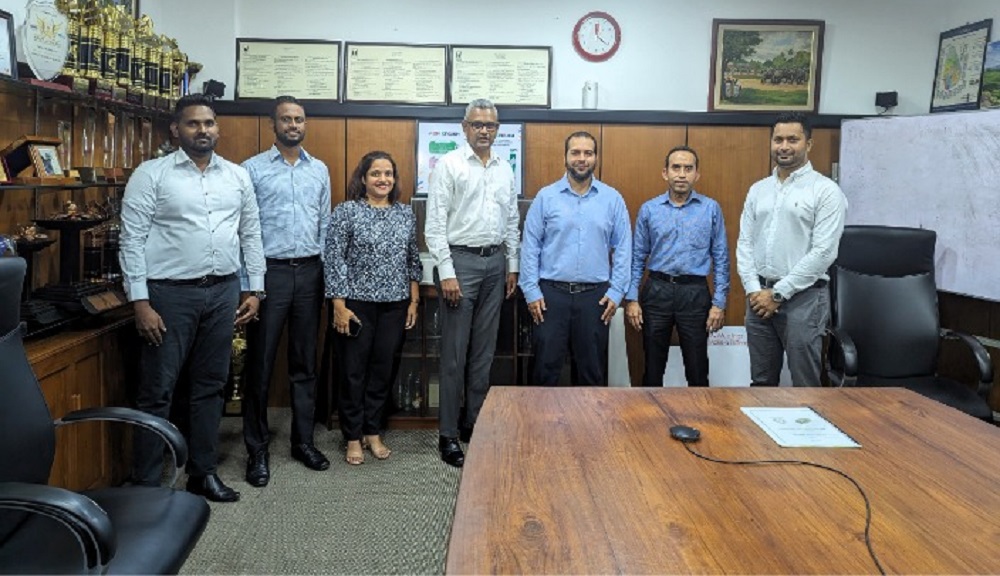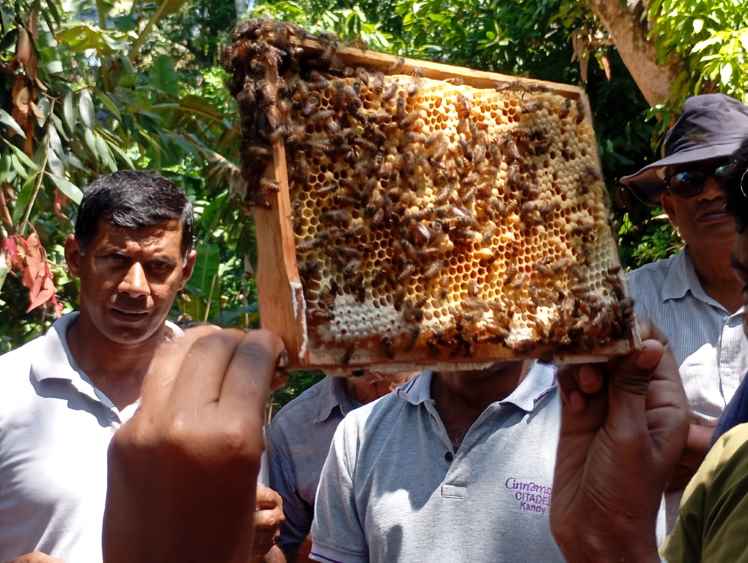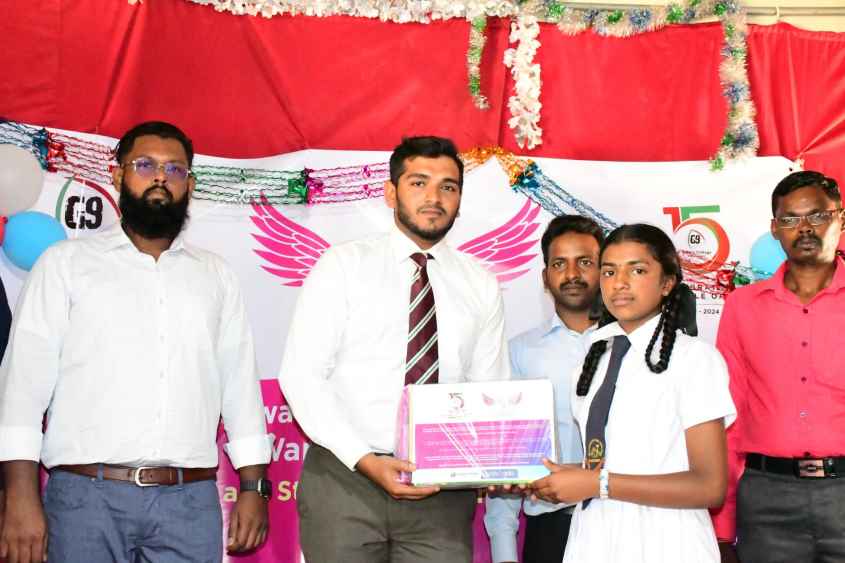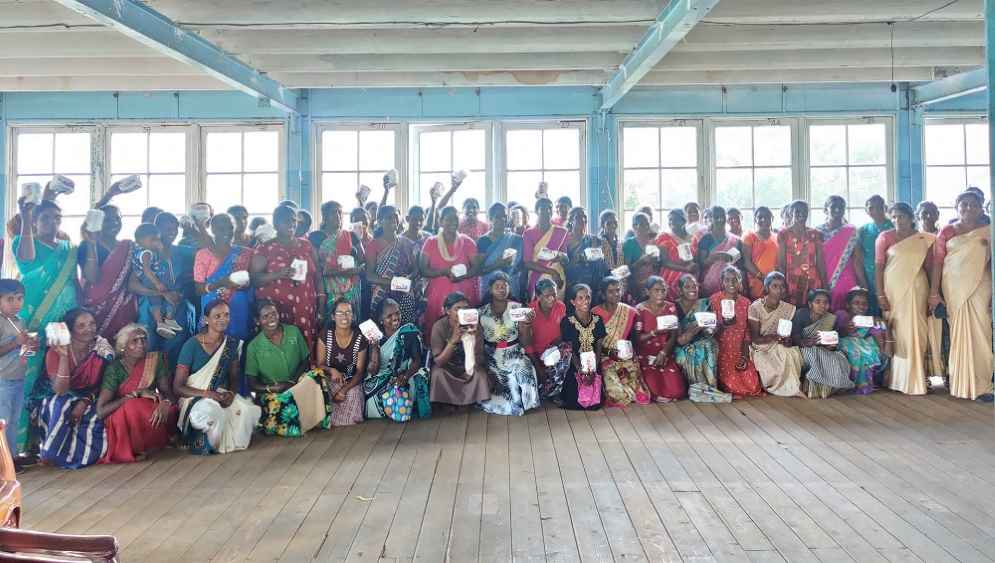The aftermath of the pandemic and the economic crisis still reverberates across different sectors of society, but with changing climate patterns and rising temperatures, a potentially more severe crisis looms still larger over the island nation. Ranked 100th out of 181 countries in the 2017 ND-GAIN Index, Sri Lanka is already considered to be among the most vulnerable to climate change, the rising frequency and intensity of extreme weather events is currently projected to cost Sri Lanka as much as 7.7% of its GDP by 2050.
For a nation in which 30% of employment is generated by the agriculture sector, this is a considerable threat to the nation’s economy and to livelihoods. Meanwhile, on a global scale, the efforts of all key global actors on climate action remains starkly insufficient, with the last 12 months were the first in history in which average global temperatures stayed above the critical 1.5 degrees Celsius global warming threshold set out in the 2015 Paris Agreement.
A novel, youth-led approach
With the impacts of this escalating crisis already being felt, young Sri Lankans need to be equipped with the knowledge, tools and skills needed to effectively navigate this growing crisis. In particular, the nation’s educational system must now grapple with preparing students for a future in which economic and social cohesion will hinge on their ability to combat and adapt to a rapidly changing climate.
“In the face of persistent environmental challenges and a global urgency for climate action, it’s clear that traditional approaches are no longer sufficient. The resilience of our economy and the sustainability of our communities depends on innovative thinking and new solutions—particularly from the younger generation. Education in sustainability is not just about imparting knowledge; it’s about inspiring a wave of changemakers equipped to tackle the issues that lie ahead with creativity and resilience,” explained Amanthi Perera, Head of Social Sustainability at MAS Holdings.

“This critical gap in the integration of real-world problem solving on environmental and social issues was the basis for the MAS Eco Go Beyond (EGB) programme. By engaging young minds in sustainability education, we’re not only preparing them for future challenges but also unlocking a treasure trove of innovative ideas that will undoubtedly go on to form the foundation of all future climate action, mitigation, and adaptation initiatives. The best place to start has always been the classroom,” Perera said.
A sustainable framework for progress
Launched in 2006, the Eco Go Beyond programme predates today’s concepts of Environmental Social and Governance (ESG) standards and best practices. Yet from the outset, MAS recognized the urgent need to embed sustainability and environmental and social stewardship into the heart of the education system. To further this vision, the global apparel-tech conglomerate directly engaged with the Sri Lankan Government to establish a pioneering partnership that 17 years later is still yielding promising results on structured sustainability education.
It started with a simple yet powerful idea: to link sustainability education with local values and culture, making it relevant and actionable for students across the country. This approach has helped demystify complex environmental and social issues, turning them into opportunities for innovation and community leadership. Over the years, Eco Go Beyond evolved into a comprehensive platform that includes competitions, awards, and community projects, empowering students to take their innovative solutions beyond the classroom and into real-world applications.
This rewards-based learning model further supplements the core syllabus by promoting a vibrant engagement between EGB students, teachers, and school principals with the MAS team as well as the communities that each school operates in.
“Constant engagement with students, schools, and communities has been critical to the continuing success of Eco Go Beyond. Before entering a school, we ascertain the ground situation and commitment of the school and authorities to embark in a programme of this nature, and once the programme was established, there was a programme of continuous monitoring and evaluation, with a view enabling each school to run their own programmes autonomously,” Perera added.
“This approach was important to ground our concepts in the day-to-day realities and lived experiences of each community. Because ultimately, they have a much better awareness of which issues to prioritize.”
A remarkable legacy of student-led sustainable solutions
Since its inception, the programme has grown and expanded to cover 149 schools in Sri Lanka, cumulatively providing over 177,000 students with structured education on sustainability.
Throughout, the programme has sought to go beyond rudimentary concepts of sustainability by creating spaces that foster scientific curiosity, and systemic approaches to real-world problem solving that is rooted in the practical needs of the communities connected to MAS EGB schools.
According to Perera, the programme has ignited a remarkable series of student-led initiatives that exemplify the transformative power of sustainability education. Tharushi from Rajawaka Maha Vidyalaya in Balangoda is a shining example. Tharushi brought renewable energy to her school through solar panels, ensuring uninterrupted education during power outages. Her project in 2022 was such a resounding success that the excess energy generated was subsequently utilized to power electric fences to prevent elephants entering the village.
These projects, along with others like 2022 student project winner Sanodh’s waste recycling initiative also foster a sense of community and economic sustainability. These are further examples of youth-led innovation that create lasting positive impacts and illustrate the far-reaching impacts of the programme and its role in nurturing a new generation of changemakers.
Its success and impact have not gone unnoticed. In addition to being a part of the consultative programmes referred when forming the Asia Pacific Toolkit of UNESCO in 2008, it was also showcased at COP 28 in 2023.
The expansion of the programme to India, marks its journey beyond Sri Lankan borders, promising to cultivate a global network of young sustainability leaders. To amplify the impact of the programme, MAS is also exploring the creation of a digital, remote learning platform to encapsulate the programme’s lessons and methodologies.
This initiative aims to make sustainability education accessible worldwide, inviting partners to collaborate on this groundbreaking venture. By open sourcing its knowledge, MAS is hopeful that system change could champion sustainability and innovation.
“Eco Go Beyond stands as a beacon of hope and a model for the future, demonstrating that education is a critical lever for achieving sustainability and that young minds are capable of leading the charge. With each passing year, EGB continues to expand its legacy of education, adaptation, and resilience, proving that the journey of sustainability education is not just about creating projects but fostering a global community of informed, empowered, and proactive individuals ready to make a difference,” Perera concluded.



